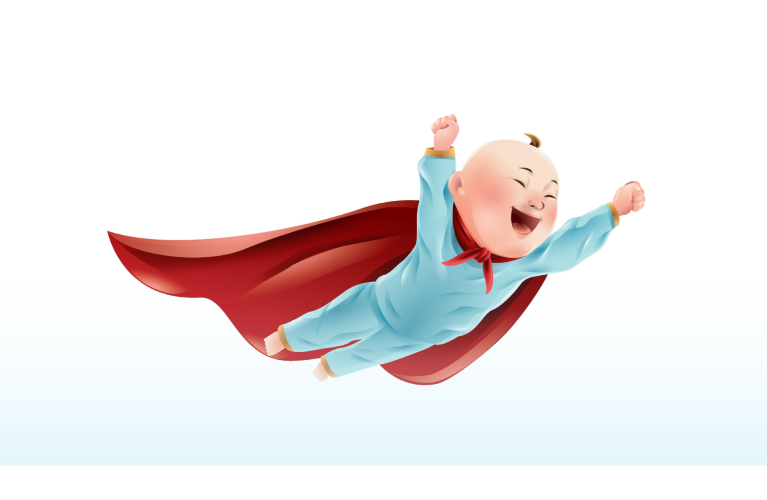
By the time boys are 8 or 10 years old, they are Marvel action heroes with huge muscles and firm abs. By adolescence, they are inundated with social media streams of inflated male bodies.
The underlying messages of strength and dignity lead many boys to worry and think about how to fit in. Sometimes negative thoughts and fears even interfere with daily life, this is a mental health problem known as body dysmorphic disorder or body dysmorphia. The most common form of this disease in boys is muscular dysmorphia.
What is muscle dysmorphia?
Muscular dysmorphia is characterized by a preoccupation with one’s muscular and lean physique. While the more extreme behaviors associated with this disorder occur in only a small percentage of boys and young men, they can affect the worldview of many others.
Is body dysmorphic disorder different in boys and girls?
Body dysmorphia, long considered the prerogative of girls, can take the form of eating disorders such as anorexia or bulimia. Technically, muscle dysmorphia is not an eating disorder. But it’s much more common among men – and insidious.
What are the signs of body dysmorphia in boys?
It can be difficult for parents to know if their son is just a teenager or veering into dangerous territory. Pay attention to the following warning signs:
- Noticeable changes in physical routines, such as going from once-a-day workouts to hours-long daily workouts.
- After regimented workouts or meals, including limiting the foods they eat or concentrating heavily on high-protein foods.
- Disruption of normal activities, such as spending time with friends, instead.
- Obsessively takes pictures of his muscles or stomach to track “improvement”.
- Weigh several times a day.
- Dress up to emphasize a more muscular physique or wear baggier clothes to hide their physique because they don’t think it’s good enough.
What is dangerous for the health of muscle dysmorphia in boys?
Extreme behavior can pose a risk to physical and mental health.
For example, the unregulated protein powders and supplements that boys turn to in hopes of building muscle fast can be diluted with stimulants or even anabolic steroids. “Associated with this is an increased risk of stroke, heart palpitations, high blood pressure and liver damage.”
Some boys also try to build muscle using a “pump and cut” regimen, where periods of rapid weight gain are followed by periods of extreme calorie restriction. This can affect long-term muscle and bone development and lead to irregular heartbeats and low testosterone levels.
“Even at best, eating too much protein can lead to severe intestinal upsets like diarrhea or kidney damage, since our kidneys are not designed to filter excessive amounts of protein.”
The psychological consequences can also be dramatic. Depression and suicidal thoughts are more common in malnourished people, which can happen when boys drastically cut calories or skip entire food groups. Also, when they try to achieve unrealistic ideals, they may constantly feel like they’re not good enough.
Here is such an interesting phenomenon … I wonder if this problem concerns only children, what do you think?
